A swarm of Russian drones crossing into Poland this week has sent a dual shockwave through NATO: first, by triggering the alliance’s first direct fire on a Russian target since the Ukraine war began, and second, by eliciting a strikingly subdued reaction from US President Donald Trump, deepening anxieties about American commitment to European security.
Yet, what has troubled European diplomats as much as the incursion itself is US President Donald Trump’s reluctance to directly call out Moscow and the absence of US involvement in countering the threat. The incident, many officials warn, could become a litmus test for NATO unity and for Europe’s ability to shoulder more responsibility for its own defence.
WATCH: Trump & Poland Clash Over Alleged Russian Drone Incursion Into Airspace | Vantage with Palki Sharma
A test for NATO and Trump’s stance
Poland confirmed that it scrambled fighter jets, supported by other NATO aircraft, to intercept and shoot down 19 drones early on Wednesday. Russia insisted it was targeting Ukraine, not Poland, and dismissed any intention to strike NATO territory. Still, Warsaw and its allies labelled the breach a deliberate provocation, demanding accountability.
Traditionally, such an incident would have triggered alarm bells in Washington. Instead, Trump, long sceptical of NATO responded with what European officials privately described as indifference.
“What’s with Russia violating Poland’s airspace with drones? Here we go!,” he posted cryptically on Truth Social, later telling reporters, “It could have been a mistake.”
Polish Prime Minister Donald Tusk flatly rejected that claim, saying the drones did not enter his country by accident. Analysts argue that Trump’s muted tone reflects his “America First” worldview, shifting security burdens onto Europe while avoiding direct confrontation with President Vladimir Putin.
“This episode underscores that Trump, in contrast to every president since Roosevelt, does not see Europe’s security is fundamental to American security,” said Ivo Daalder, former U.S. ambassador to NATO.
Impact Shorts
More ShortsTepid response contrasts past US actions
The White House refrained from an immediate public condemnation. A senior official, speaking anonymously, said the president “wants this war, which was brought on by Joe Biden’s incompetence, to end as quickly as possible” and expects Europe to apply greater economic pressure on those financing Russia’s war effort.
Trump’s tone stood in stark contrast to previous U.S. handling of security threats. When a missile struck a Polish village in November 2022, later found to be a misfired Ukrainian defence weapon—President Joe Biden immediately convened global leaders and moved into crisis management. By comparison, Trump’s restrained language was softer even than his own NATO ambassador Matthew Whitaker, who pledged the defence of “every inch of NATO territory.”
Although Trump phoned Polish President Karol Nawrocki to express solidarity, Warsaw’s account made no mention of new weapons or reinforcements. NATO Secretary-General Mark Rutte later said Trump had assured allies of unity, but officials in Berlin, Rome, and Eastern Europe described Washington’s stance as hesitant, confusing, and at times “deafeningly silent.”
Europe sees a wake-up call
For many in Europe, Russia’s drone attack underscored vulnerabilities in the continent’s defences and the urgency of reducing dependence on U.S. leadership. “The drone attack showed that we are not ready for defence against drones,” a senior German official said. “We have to develop capabilities as soon as possible.”
Former NATO Secretary-General Anders Fogh Rasmussen argued the moment demands Europe to step up: “That means deploying real assets, investing directly in Ukraine’s defence industry, and providing concrete security guarantees and a reassurance force inside Ukraine,” he said, while stressing that “the United States must remain engaged.”
The incident also reflects Trump’s broader approach—encouraging Europe to lead on sanctions and military responses while Washington takes a backseat. U.S. warplanes played no role in the Polish interceptions, with officials explaining that Dutch forces held responsibility for the area under NATO’s air policing mission.
As NATO continues to assess Moscow’s intent, Trump’s commitment to European security remains under scrutiny. Poland has already triggered Article 4 of the alliance treaty, demanding consultations over threats to its territorial integrity.
Whether this episode marks a turning point in NATO’s preparedness or a dangerous sign of cracks in its transatlantic shield may depend as much on Europe’s resolve as on Washington’s willingness to act.


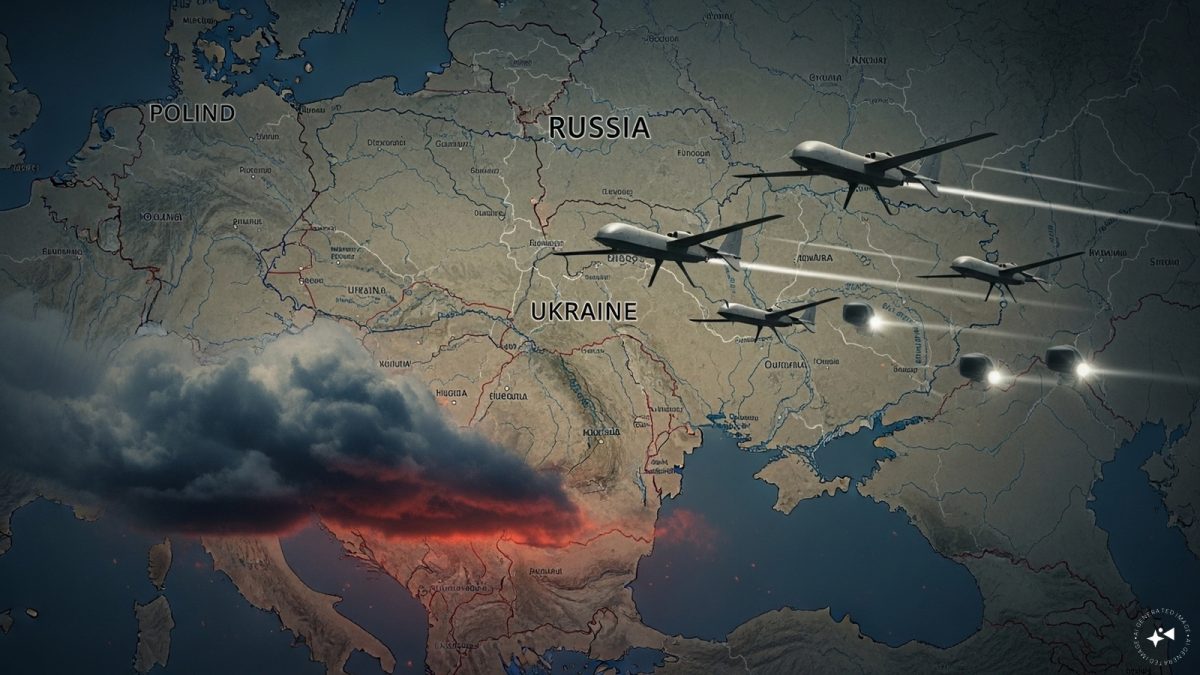)
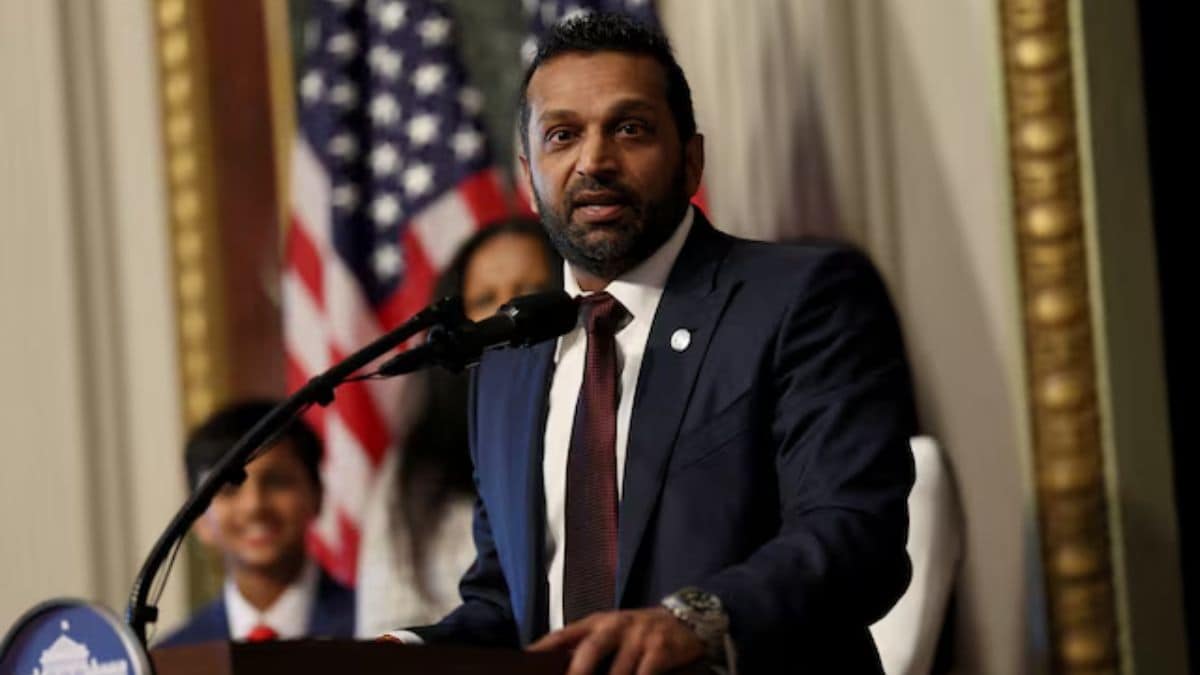
)
)
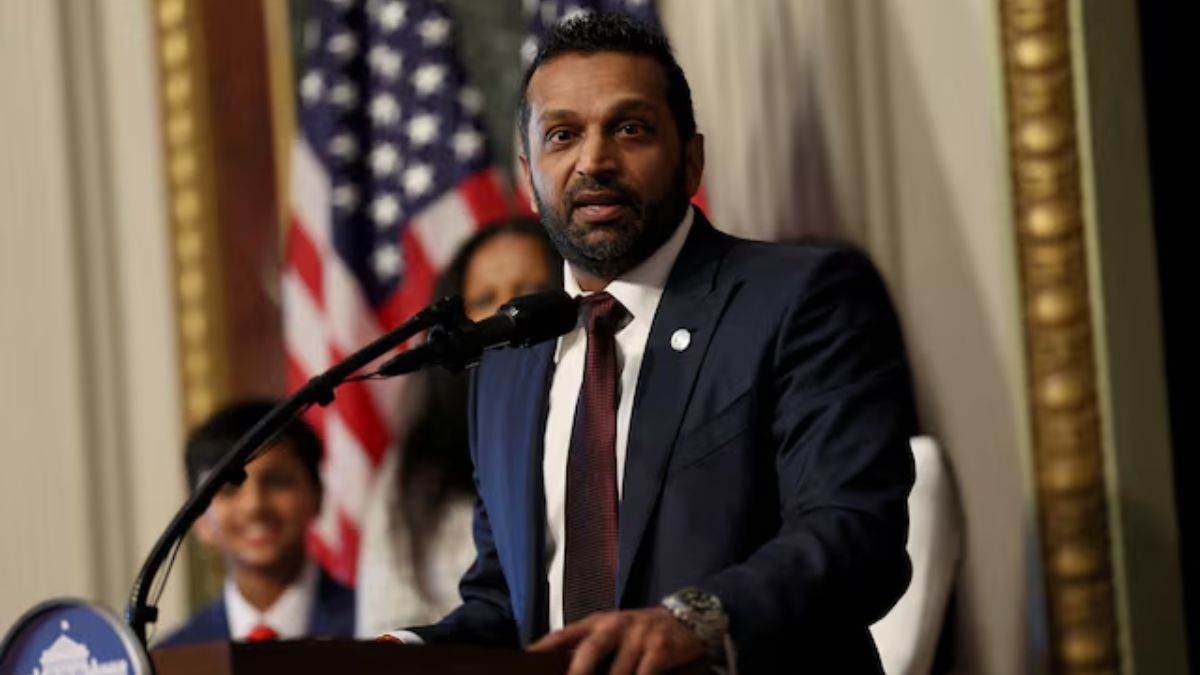)
)
)
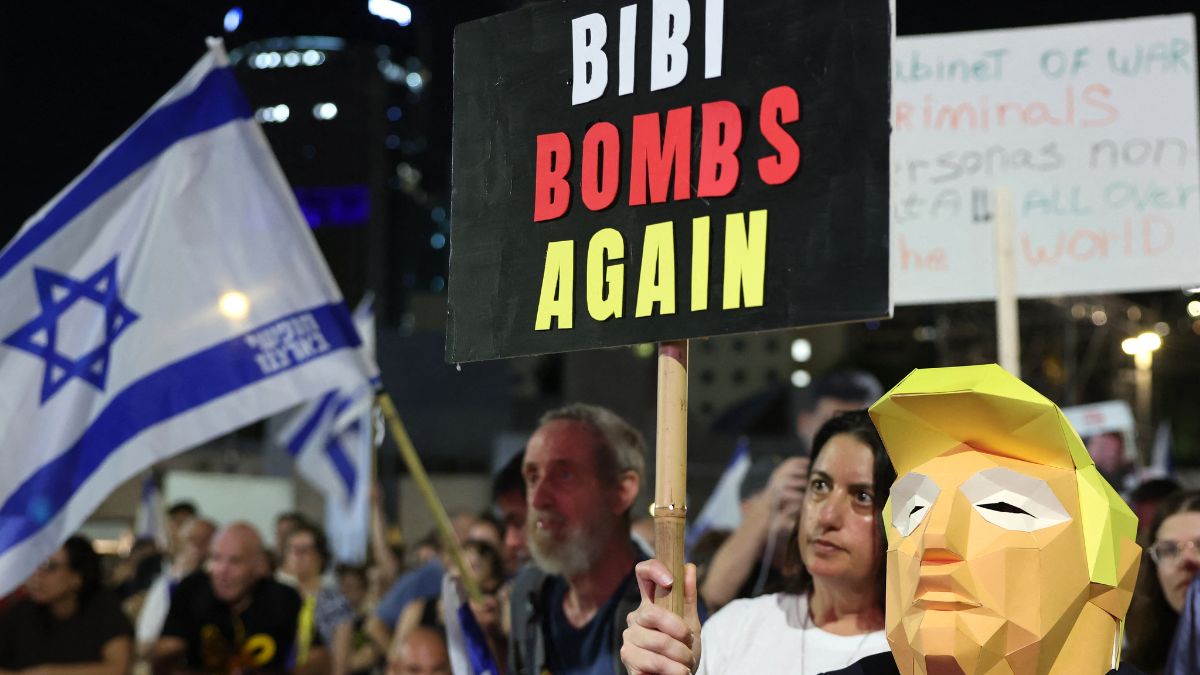)
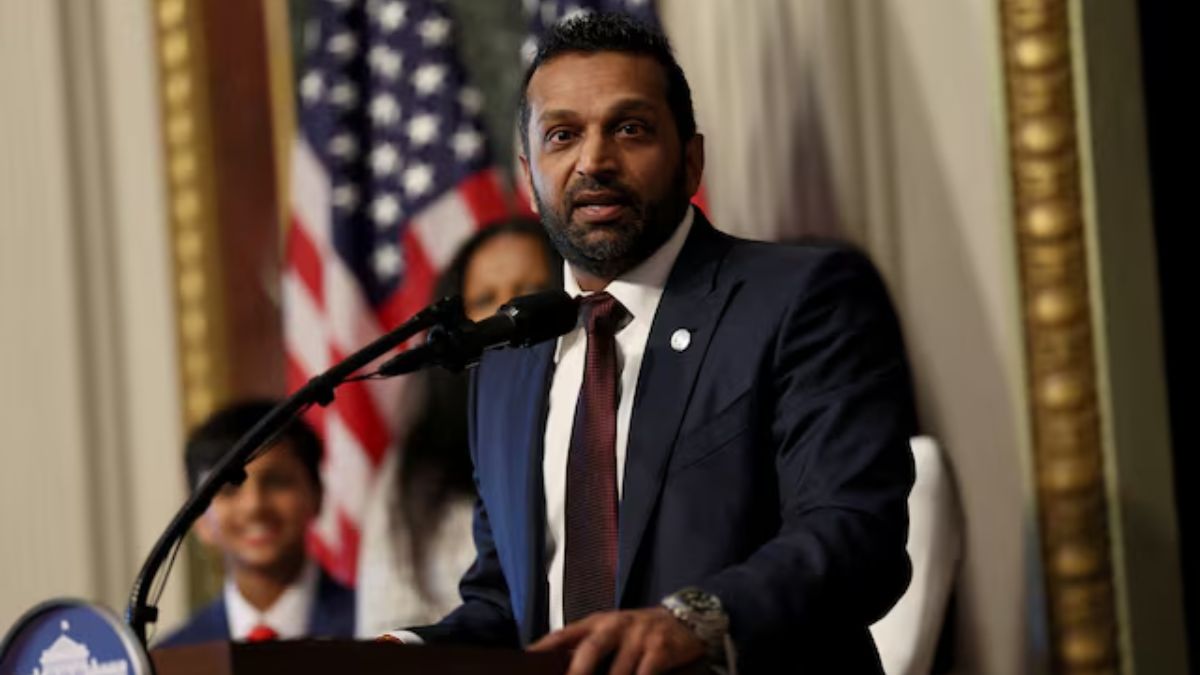)
)



